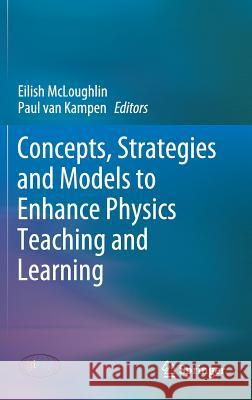Concepts, Strategies and Models to Enhance Physics Teaching and Learning » książka
topmenu
Concepts, Strategies and Models to Enhance Physics Teaching and Learning
ISBN-13: 9783030181369 / Angielski / Twarda / 2019 / 221 str.
Concepts, Strategies and Models to Enhance Physics Teaching and Learning
ISBN-13: 9783030181369 / Angielski / Twarda / 2019 / 221 str.
cena 402,53
(netto: 383,36 VAT: 5%)
Najniższa cena z 30 dni: 385,52
(netto: 383,36 VAT: 5%)
Najniższa cena z 30 dni: 385,52
Termin realizacji zamówienia:
ok. 16-18 dni roboczych.
ok. 16-18 dni roboczych.
Darmowa dostawa!
Kategorie BISAC:
Wydawca:
Springer
Język:
Angielski
ISBN-13:
9783030181369
Rok wydania:
2019
Wydanie:
2019
Ilość stron:
221
Oprawa:
Twarda
Wolumenów:
01
Dodatkowe informacje:
Wydanie ilustrowane











